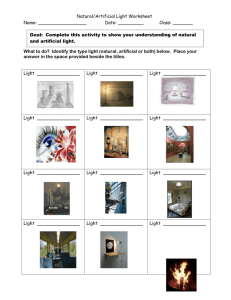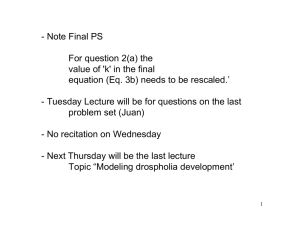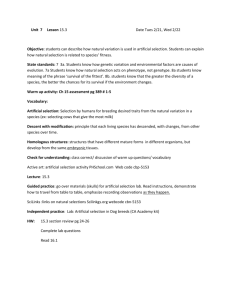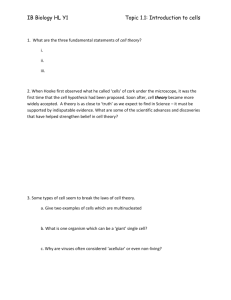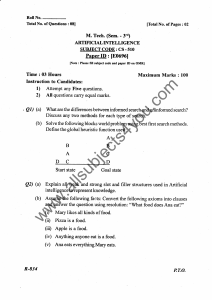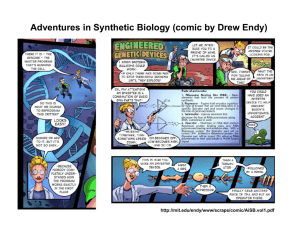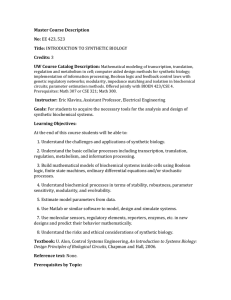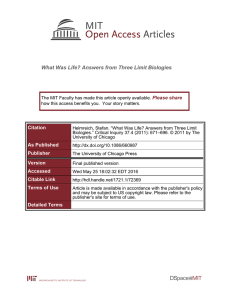Synthetic biology is revolutionizing how we conceptualize and approach the... of biological systems. Recent advances in the field are allowing...
advertisement
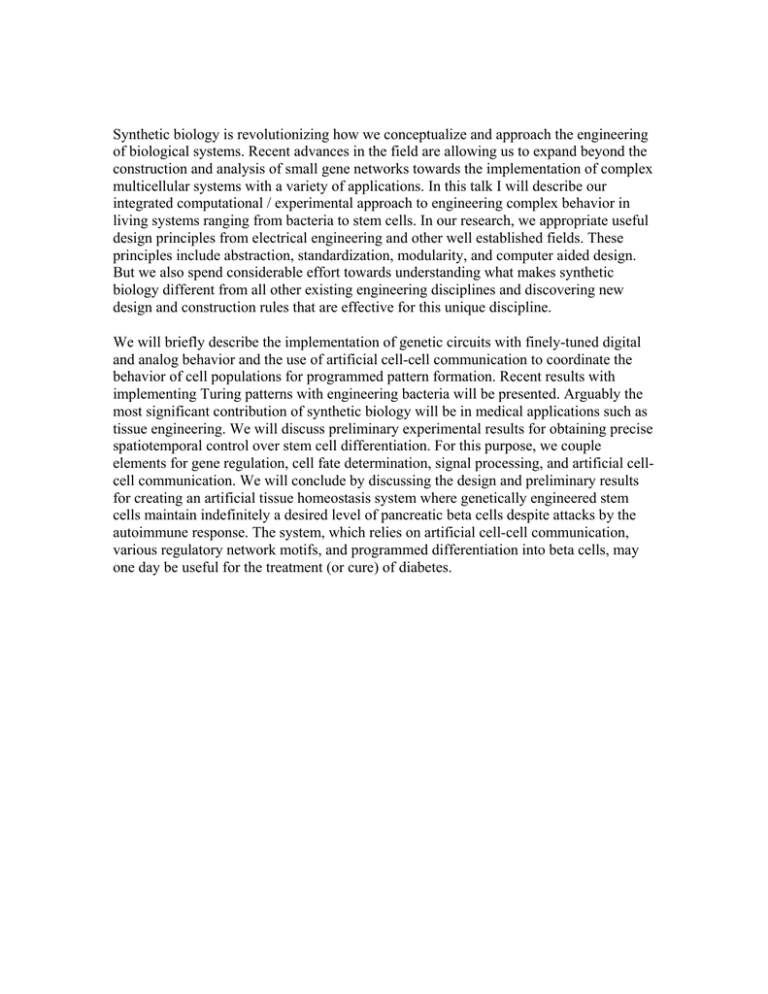
Synthetic biology is revolutionizing how we conceptualize and approach the engineering of biological systems. Recent advances in the field are allowing us to expand beyond the construction and analysis of small gene networks towards the implementation of complex multicellular systems with a variety of applications. In this talk I will describe our integrated computational / experimental approach to engineering complex behavior in living systems ranging from bacteria to stem cells. In our research, we appropriate useful design principles from electrical engineering and other well established fields. These principles include abstraction, standardization, modularity, and computer aided design. But we also spend considerable effort towards understanding what makes synthetic biology different from all other existing engineering disciplines and discovering new design and construction rules that are effective for this unique discipline. We will briefly describe the implementation of genetic circuits with finely-tuned digital and analog behavior and the use of artificial cell-cell communication to coordinate the behavior of cell populations for programmed pattern formation. Recent results with implementing Turing patterns with engineering bacteria will be presented. Arguably the most significant contribution of synthetic biology will be in medical applications such as tissue engineering. We will discuss preliminary experimental results for obtaining precise spatiotemporal control over stem cell differentiation. For this purpose, we couple elements for gene regulation, cell fate determination, signal processing, and artificial cellcell communication. We will conclude by discussing the design and preliminary results for creating an artificial tissue homeostasis system where genetically engineered stem cells maintain indefinitely a desired level of pancreatic beta cells despite attacks by the autoimmune response. The system, which relies on artificial cell-cell communication, various regulatory network motifs, and programmed differentiation into beta cells, may one day be useful for the treatment (or cure) of diabetes.
